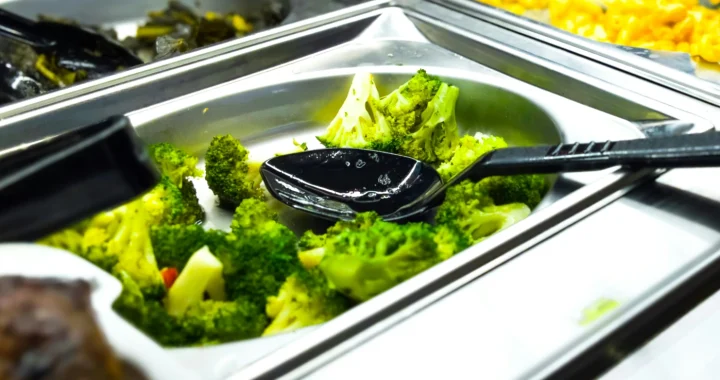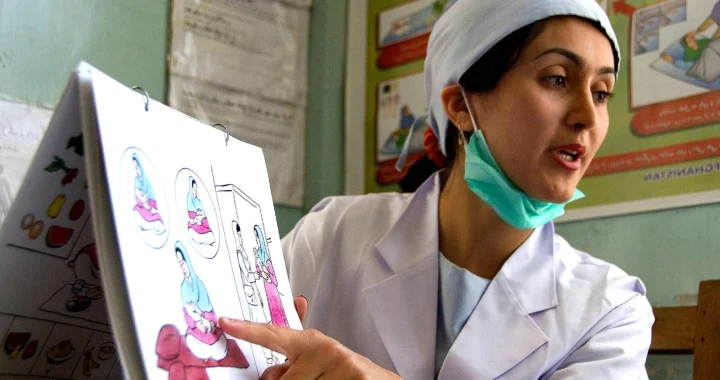Food Taboos and Its Impact on Undernutrition in Pregnancy

Photo by Ivan Samkov on Pexels
While its primary function is to fuel the body, food is also strongly tied to culture. Various cultures around the world have food taboos for pregnant women. They serve as a guide during pregnancy to not consume certain foods that are perceived to have bad effects on the baby they are carrying. Unfortunately, this practice often leads to increased undernutrition risks in mother and baby, which can also lead to stunting.
Food Taboos Around the World
Food taboo refers to the restriction of food items due to certain principles, such as culture and religion. This belief is primarily passed down from generation to generation by word of mouth.
The items and reasons in food taboos vary from one culture to another. For instance, in Indonesia, some people from Sulawesi believe that eating shrimp and squid while pregnant would make the baby redden like a shrimp or have soft bones like a squid. Meanwhile, in Madura, some people consider chili a taboo food for pregnant women because it will make infants dirty, sick, and easy to cry.
On the other side of the world, a study on food taboos in Uganda, South Africa found more than fourteen taboo foods among the Acholi community. Some of them are chicken, smoked meat and fish, sugarcane, garden egg, groundnut, sour fruits, and ‘Lalaa’ (a vegetable). Most items on the list provide rich sources of essential nutrients for pregnancy and infant growth. Unfortunately, many pregnant women avoid them for fear of miscarriage and bringing harm to the fetus.
Impacts on Mother and Baby
A study in Indonesia found that if a pregnant woman follows food taboos and, as a result, has a low diversity of types of food intake, she is two times more likely to have a higher risk of chronic energy deficiency (CED) than those who are not. Women with this deficiency are more likely to have underweight infants, which is the determinant of stunting.
Usually, stunting and other forms of malnutrition are among the most prevalent issues in countries with strong food taboos. The Uganda Demographic and Health Survey shows that around 30% of children under five are stunted. Additionally, around 71% of children and 47% of women in Acholi are anemic. Indonesia is on the same boat, with 21.5% national prevalence of stunting in 2023.
Culture and Wellbeing
Culture is an essential aspect of a community. It can serve as enablers of progress and prosperity. Therefore, any successful intervention requires an understanding and respectful consideration of local and cultural contexts. Providing education about food taboos and nutritional counseling for a healthy pregnancy tailored to targeted communities is a great start.
Still, it is important to remember that food taboos are not the sole reason for undernutrition in pregnant women and infants. Addressing structural, multidimensional poverty as well as food security is crucial in ensuring the health and wellbeing of all, including women and babies.

Co-create positive impact for people and the planet.
Amidst today’s increasingly complex global challenges, equipping yourself, team, and communities with interdisciplinary and cross-sectoral insights on sustainability-related issues and sustainable development is no longer optional — it is a strategic necessity to stay ahead and stay relevant.


 Systemic Shift to Enable Healthy School Food Environments
Systemic Shift to Enable Healthy School Food Environments  Looking into the Global Midwife Shortage
Looking into the Global Midwife Shortage  Reframing Governance in the Era of Water Bankruptcy
Reframing Governance in the Era of Water Bankruptcy  Strengthening Resilience amid Growing Dependence on Space Infrastructure
Strengthening Resilience amid Growing Dependence on Space Infrastructure  Indian Gig Workers Push Back Against 10-Minute Delivery Service Strain
Indian Gig Workers Push Back Against 10-Minute Delivery Service Strain  Call for Governance: Grassroots Initiatives Look to Scale Efforts to Conserve Depleting Groundwater
Call for Governance: Grassroots Initiatives Look to Scale Efforts to Conserve Depleting Groundwater